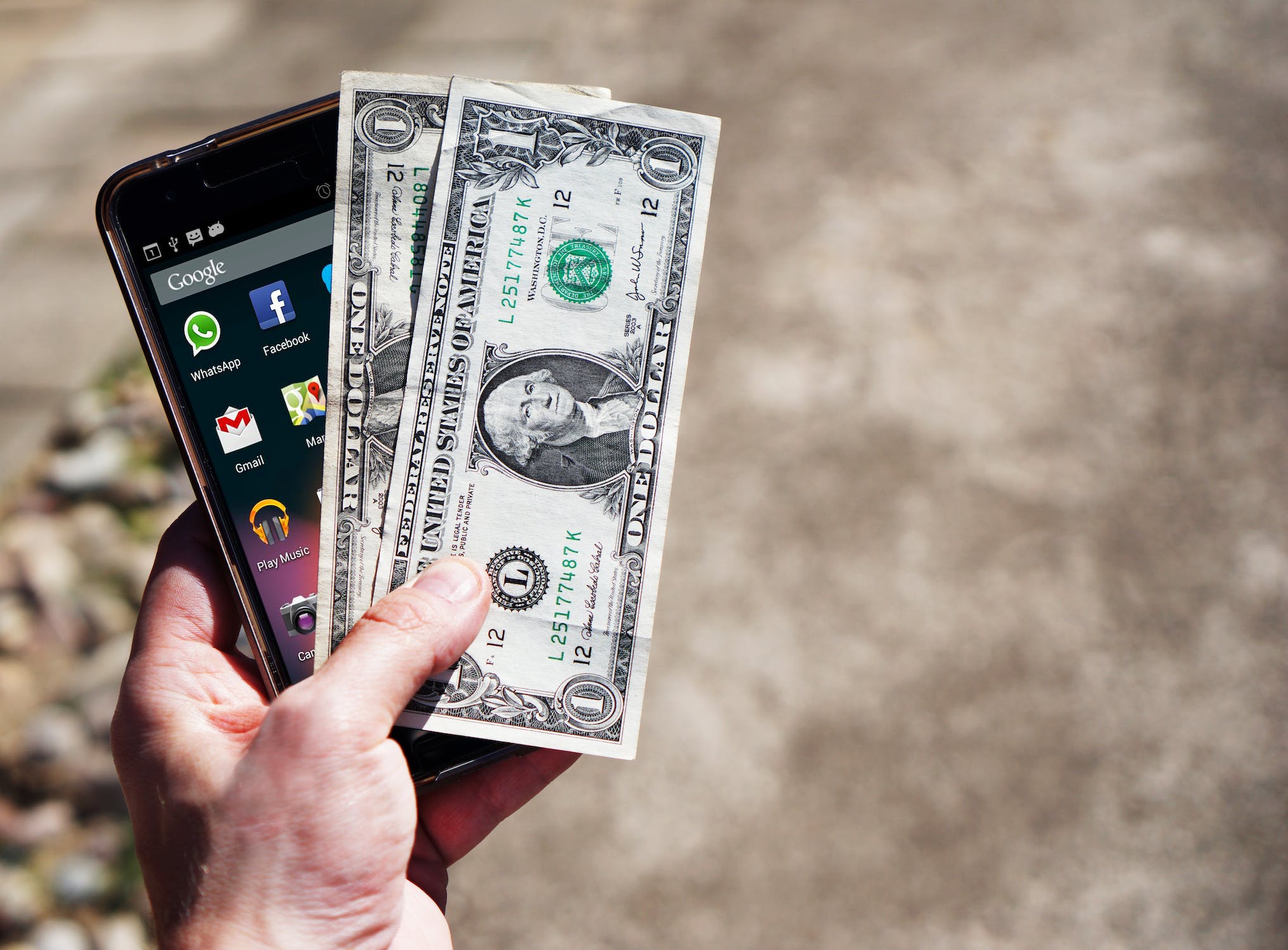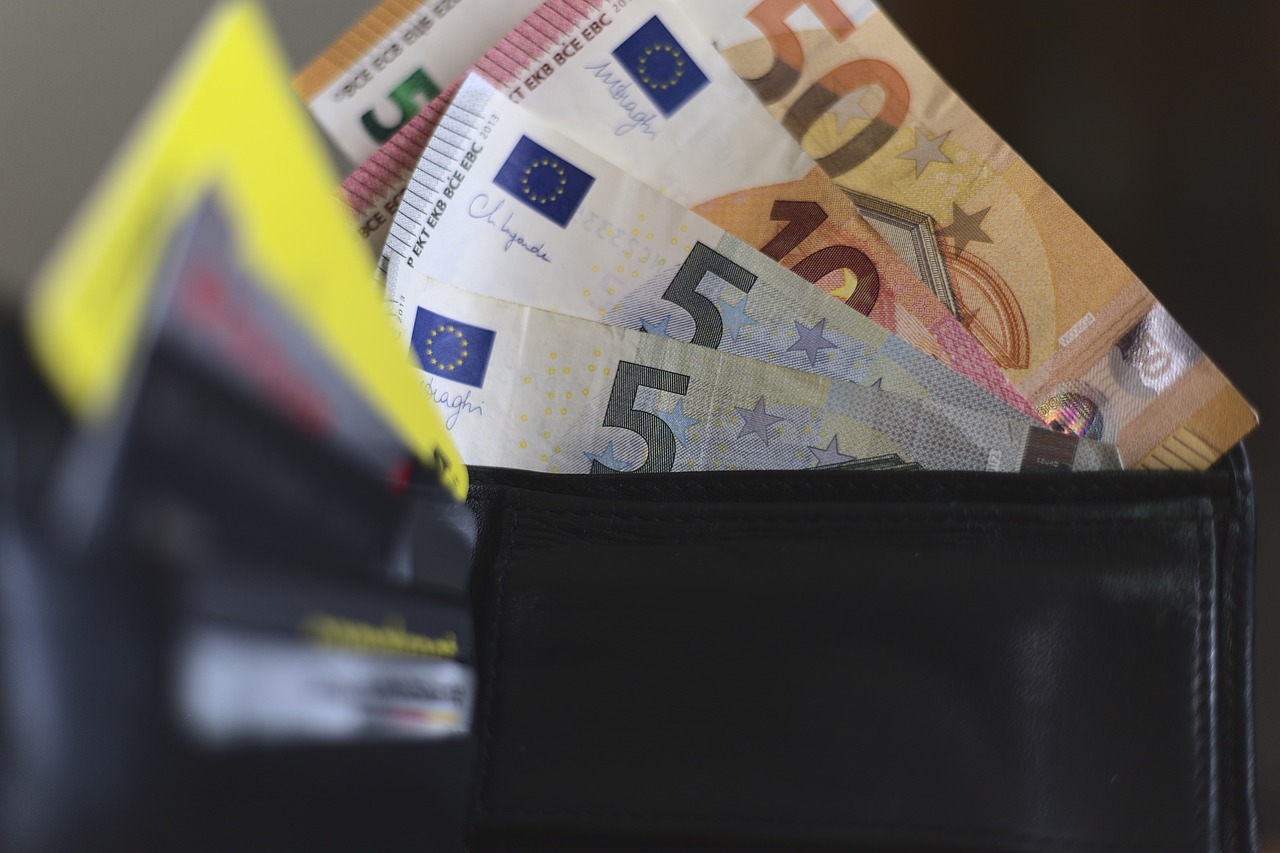Discover 8 Key Insights on Bank Transfers: Security, Apps, Credit Cards, Errors, Gifting Money, Taxes, Minors, and Verifying Recipient Details
GPT_Global - 2025-05-23 10:00:10.0 175
How do banks ensure the security of online money transfers?
In today's digital age, the security of online money transfers has become a significant concern for banks and financial institutions. Banks employ multiple layers of protection to ensure that customer transactions are safe and secure. One common method is encryption, where data is encoded during transmission so that only authorized parties can access it. Additionally, banks use secure socket layer (SSL) technology to provide an encrypted link between a server and a client. Banks also implement multi-factor authentication (MFA) to verify a user’s identity before allowing access to sensitive information. This often involves a combination of passwords, security questions, or biometric verification. Furthermore, banks continuously monitor transactions for any fraudulent activity and have protocols in place to respond swiftly to any suspicious activity. For added security, many banks have introduced account notifications, alerting customers of any transactions made using their accounts. By staying vigilant and employing advanced security technologies, banks are able to provide a safe environment for online money transfers, giving customers peace of mind when conducting remittance business.
Are there specific apps designed for peer-to-peer bank transfers?
With the rise of digital banking, peer-to-peer (P2P) bank transfers have become increasingly popular. Several specific apps have been designed to facilitate these transactions, providing a convenient and secure way to send money to friends, family, or businesses. Apps such as PayPal, Venmo, Cash App, and Zelle are some of the most widely used platforms for P2P bank transfers. These apps allow users to link their bank accounts or credit cards and transfer money with just a few taps on their smartphones. For those in the remittance business, understanding and utilizing these apps can be crucial. They offer a fast and cost-effective way to process international money transfers, reducing the need for intermediaries and lowering transaction fees. Furthermore, these apps often come with robust security features, such as encryption and fraud detection, which help protect users' financial information. As technology continues to evolve, more apps and features are likely to emerge, making P2P bank transfers even more accessible and efficient. For anyone involved in the remittance industry, staying up-to-date with the latest digital payment solutions is essential for success in this rapidly changing landscape.Can I use credit cards to send money directly to someone's bank account?
Are you looking to send money directly to someone's bank account using a credit card? The answer is yes, you can! Many remittance businesses now offer the option to use credit cards as a payment method for transferring funds. This can be an incredibly convenient way to quickly and securely send money to loved ones or business partners across the globe. When using a credit card for remittance, it is important to be aware of potential fees associated with the transaction. Credit card companies may charge a cash advance fee, and the remittance service might have additional charges for using a credit card. Be sure to check the terms and conditions of both the remittance provider and your credit card issuer to fully understand the fees involved. Despite the fees, using a credit card for remittances offers benefits such as reward points, faster processing times, and enhanced security features. Many providers also have user-friendly online platforms and mobile apps that make the process straightforward and accessible from anywhere. So if you're looking for a quick and convenient way to send money overseas, consider using your credit card with a trusted remittance service.What happens if I accidentally send money to the wrong bank account number?
Accidentally sending money to the wrong bank account number can be a stressful experience, but it is not irreversible. The first step is to act quickly and contact your bank or remittance service provider as soon as you realize the mistake. They can guide you through the process of attempting to retrieve the funds. When reaching out, have all the relevant transaction details handy, such as the transaction date, amount, and incorrect account number used. Your bank may be able to reverse the transaction if the recipient hasn’t yet claimed the funds. However, if the money has already been credited to the other account, the retrieval process may require more steps, including the cooperation of the accidental recipient. It’s important to double-check all account details before initiating a transfer to prevent such errors. Setting up transaction alerts and using services with built-in verification features can also help secure your transfers. By taking these precautions, you'll reduce the risk of sending money to the wrong account and ensure peace of mind when managing your finances remotely.How can I send money to a friend's bank account as a gift?
Sending money to a friend's bank account as a gift is a thoughtful and convenient way to show you care. Thanks to advancements in technology, there are now various options available for remittance transactions that make the process quick, easy, and secure. One popular option is using online money transfer services. Many of these platforms allow you to send money directly to your friend's bank account with just a few clicks. All you need is their bank account information and you can transfer funds from your account to theirs almost instantly. Some services also offer mobile apps, making it even easier to send money on the go. Another method is through traditional banks. Most banks offer wire transfer services which can be used to send money to another bank account domestically or internationally. You'll need to visit your bank branch, provide your friend's bank details, and the bank will handle the rest. This method might take a little longer and may involve some fees, but it's a reliable option. Whichever method you choose, always ensure that you use reputable services to guarantee the security of your transactions. By sending money directly to your friend’s bank account, you can give a generous and practical gift that they can use right away.What are the tax implications of sending money to someone else's bank?
When sending money to someone else's bank account, it is important to understand the tax implications that may arise. Whether you are transferring funds domestically or internationally, tax laws and regulations can vary, and it is crucial to be aware of potential tax liabilities. Domestically, sending money to another person's bank account is generally considered a gift, and may be subject to gift tax if the amount exceeds the annual exclusion limit set by the IRS. It is essential to check the current year's exclusion limit and consider the tax consequences if the amount sent surpasses this threshold. Internationally, additional tax implications might apply depending on the country's specific laws where the recipient's bank is located. Some countries may require the recipient to declare the received funds as income, potentially leading to taxation. Consulting with a tax professional who has expertise in international remittances can provide valuable guidance and help ensure compliance with all applicable tax laws. Understanding these tax implications can help individuals and businesses make informed decisions when sending money to someone else's bank account and avoid unexpected tax liabilities. As the remittance industry continues to evolve, staying informed about tax regulations is more important than ever.Can minors send or receive money through bank transfers?
When it comes to sending or receiving money through bank transfers, there are specific regulations that apply to minors. Although many banks allow minors to have their own accounts, the ability to send or receive funds via bank transfer may be restricted or require parental consent. It is important for parents or guardians to be aware of these rules to ensure the financial safety and security of their children.
For remittance businesses, understanding these regulations is crucial in providing services to minors. By implementing appropriate measures such as requiring verification of parental consent, remittance companies can facilitate secure and compliant transactions for minors. This not only protects the interests of the young clients but also helps in building trust with their parents or guardians.
In conclusion, while minors can technically send or receive money through bank transfers, it is essential to adhere to the specific policies and requirements set by banks and remittance companies. Compliance with these regulations ensures that transactions are conducted safely and legally, protecting all parties involved.
How do I verify the recipient's bank account before sending money?
When sending money, it's crucial to verify the recipient's bank account to ensure that your funds are safely and correctly transferred. As a remittance business, we advise our clients to follow several steps to authenticate the recipient's information before initiating any transactions. Firstly, double-check the recipient's account details, including the account number and bank routing number. Always confirm these details directly with the recipient to avoid any errors. Additionally, many banks offer an account verification service, which allows you to match the name on the account to the account number. This service can significantly reduce the risk of sending money to a wrong or fraudulent account. Another method is to send a small test transaction before transferring the total amount. This can help confirm that the account details are correct and the recipient can access the funds. Once verified, you can proceed with the full transaction with confidence. Moreover, always use a trusted and secure remittance service to enhance security and ensure compliance with relevant regulations. By taking these precautionary steps, you can protect yourself from potential fraud and make sure your money reaches its intended destination safely.
About Panda Remit
Panda Remit is committed to providing global users with more convenient, safe, reliable, and affordable online cross-border remittance services。
International remittance services from more than 30 countries/regions around the world are now available: including Japan, Hong Kong, Europe, the United States, Australia, and other markets, and are recognized and trusted by millions of users around the world.
Visit Panda Remit Official Website or Download PandaRemit App, to learn more about remittance info.

